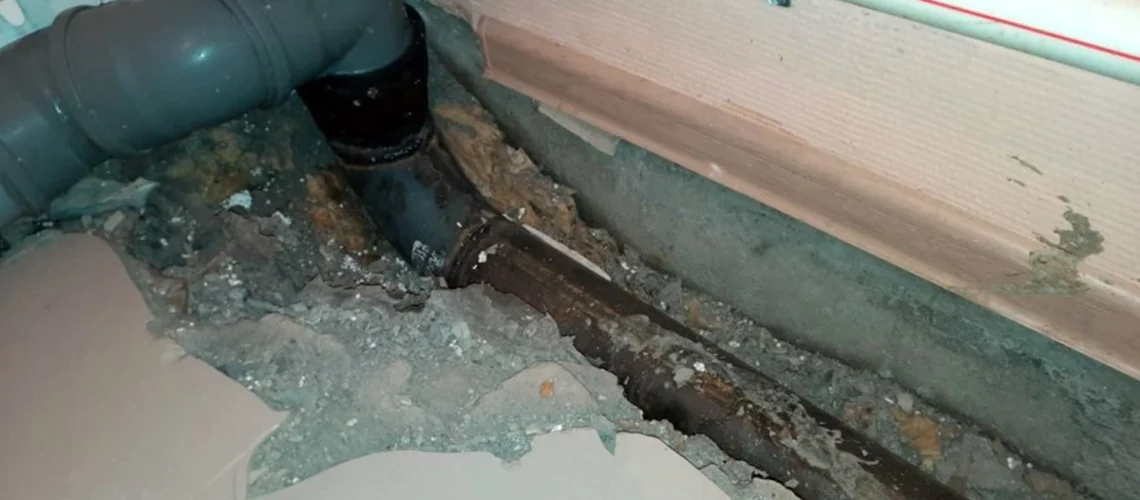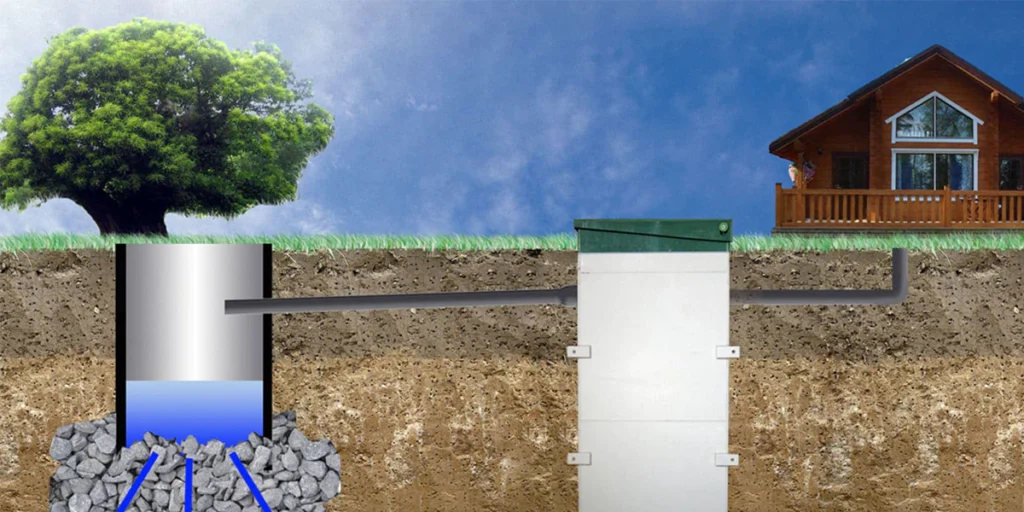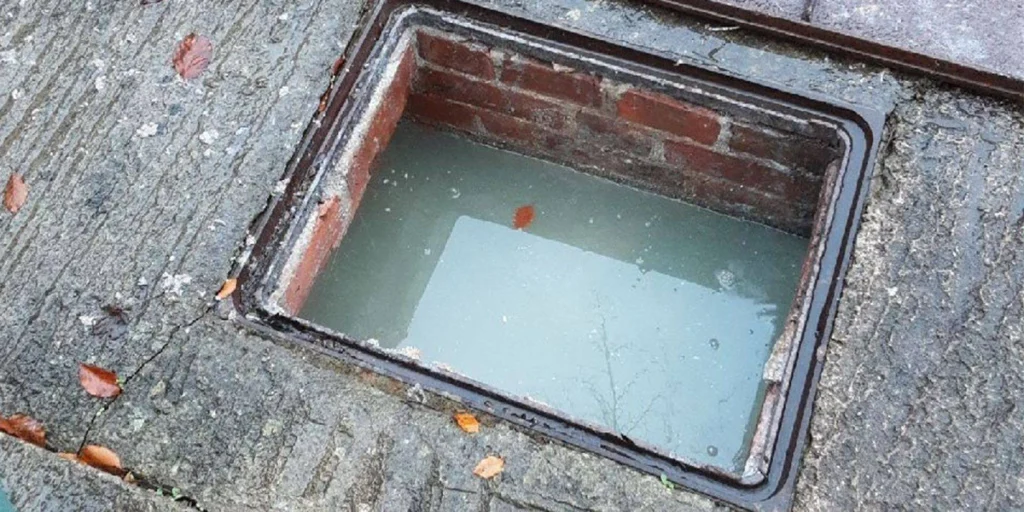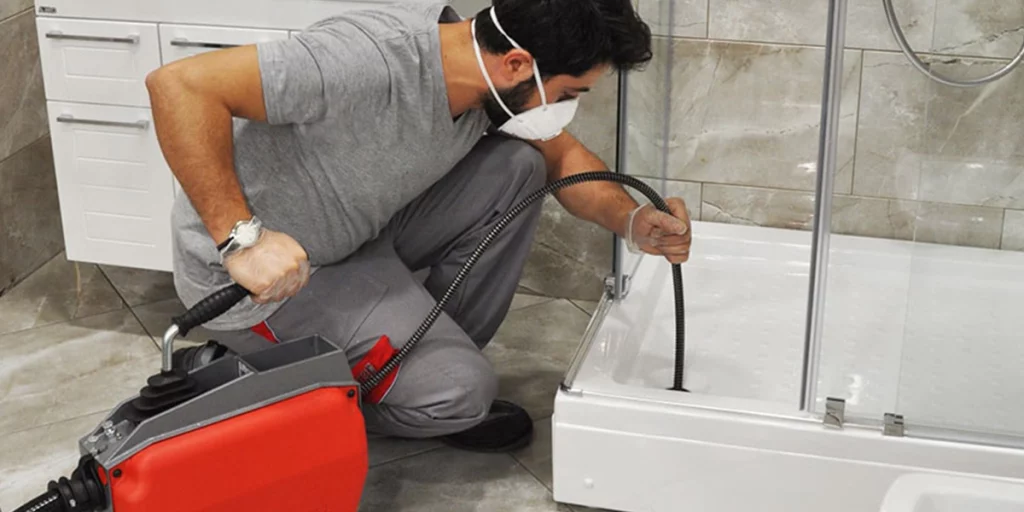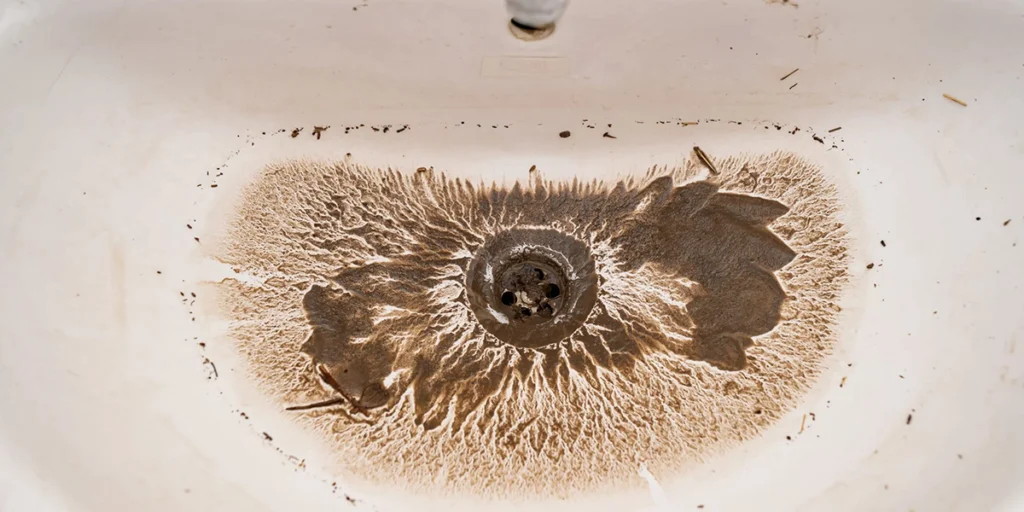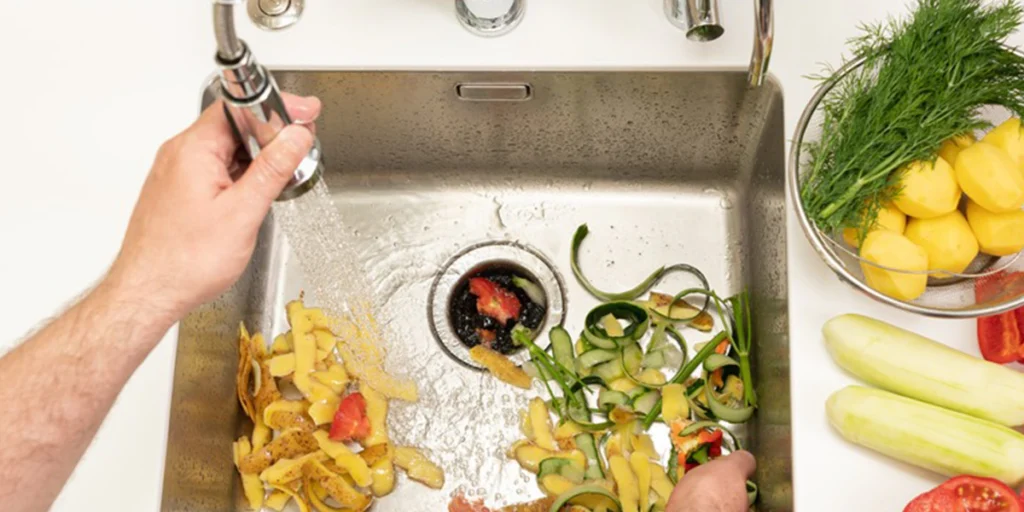A collapsed sewer line is a major plumbing emergency that can lead to severe damage to your home, yard, and even public infrastructure if not addressed promptly. In this article, we’ll explore the causes of a collapsed sewer pipe, how to detect the signs of a collapsed sewer, and the steps you should take for repair and restoration.
Contents
Common Causes of a Collapsed Sewer Line
Sewer lines are built to last, but various factors can lead to their collapse over time. Understanding these causes can help you prevent a collapsed sewage pipe and minimize the risk of damage.
1. Tree Root Intrusion
One of the most common causes of a collapsed sewer pipe is tree root intrusion. As trees grow, their roots naturally seek out moisture, which can lead them to infiltrate small cracks or joints in the sewer line. Over time, the roots expand, causing pressure on the pipe until it collapses.
2. Aging Pipes
Older homes with pipes made from materials like clay, cast iron, or Orangeburg (a type of fiber conduit) are more susceptible to collapse. These materials degrade over time, making the sewer line more prone to breaking or collapsing under normal pressure.
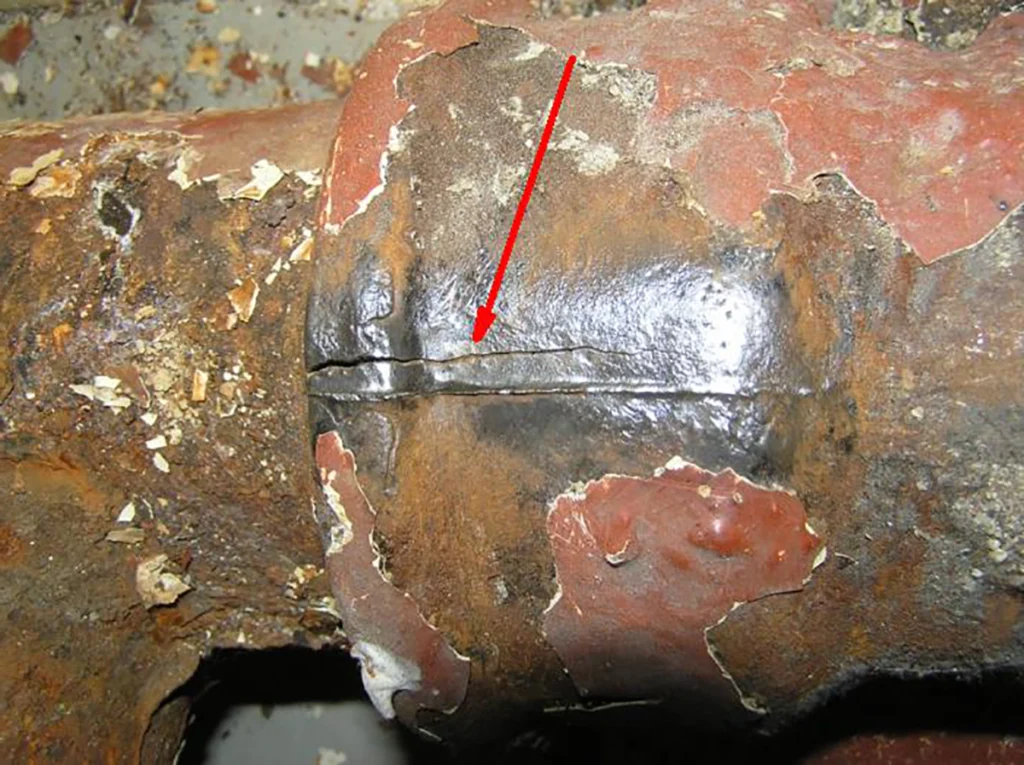
3. Ground Shifting and Soil Erosion
Natural occurrences such as earthquakes, heavy rains, or general soil shifting can cause the ground around your sewer line to move. This movement can place excessive pressure on the pipe, leading to a collapsed sewer.
4. Improper Installation or Poor Construction
If the sewer line was improperly installed, using low-quality materials or poor construction techniques, it is more likely to fail prematurely. Poor bedding or compacting of the soil around the pipe can also contribute to its collapse.
5. Corrosion or Chemical Damage
Pipes that come into contact with corrosive substances or harsh chemicals can degrade faster. For instance, some industrial waste or household chemicals can speed up the deterioration of sewer pipes, causing them to fail and collapse.
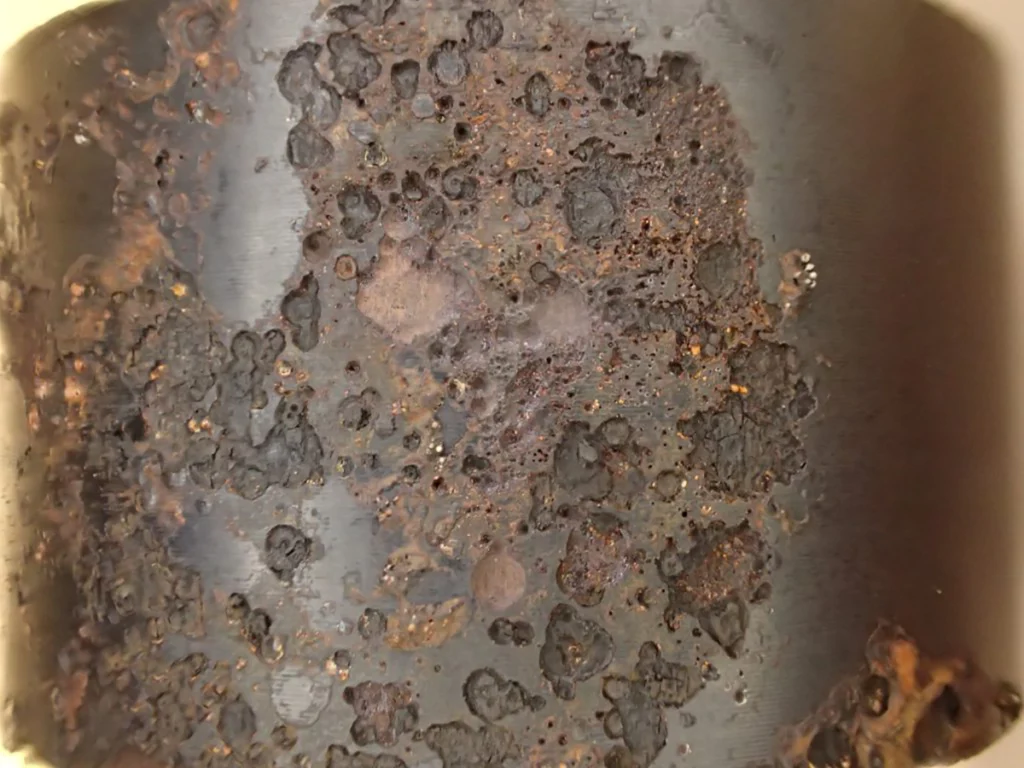
How to Tell If My Sewer Line Is Collapsed
Recognizing the early signs of a collapsed sewer line can save you from expensive repairs and extensive damage. Here are the common warning signals to look for:
1. Slow Draining
If water is draining slowly from your sinks, showers, or toilets, this could be a sign of a blockage. While this doesn’t always mean your sewer line has collapsed, it is often one of the first symptoms.
2. Frequent Backups
Experiencing frequent backups, especially in multiple drains, may indicate that there’s a serious problem with your sewer line. A collapsed sewage pipe prevents waste from flowing out, causing wastewater to back up into your home.
3. Unpleasant Odors
A collapsed sewer line can release foul odors into your home or yard. The smell of sewage is a key indicator that something is wrong with the underground pipe.
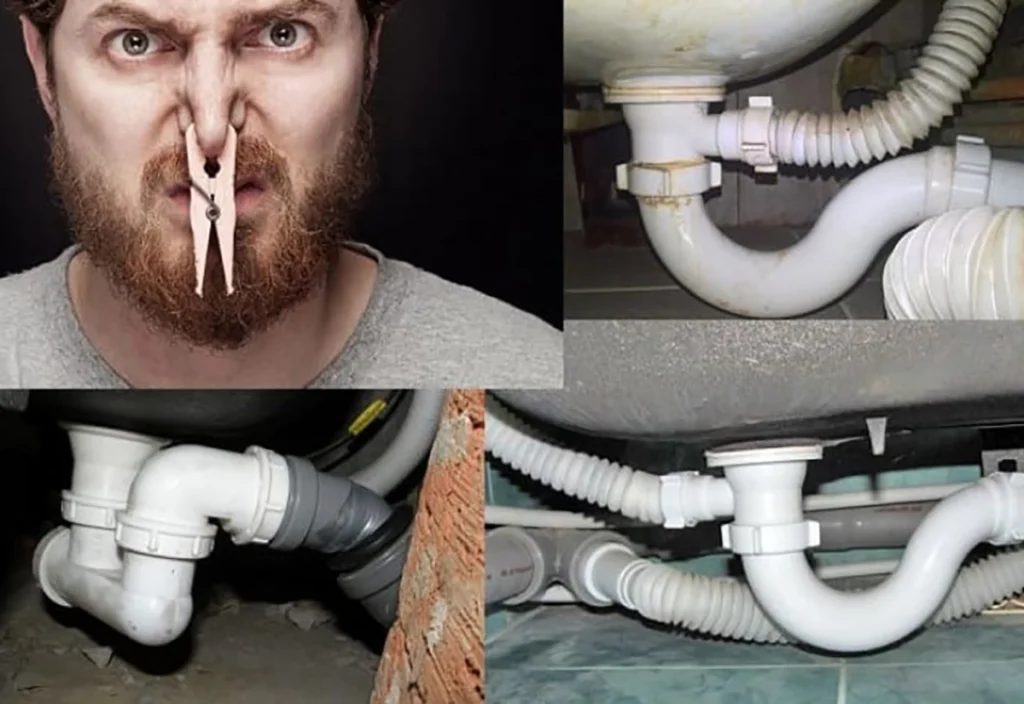
4. Unusual Lawn Changes
A sudden sinkhole, particularly soggy patches of grass, or lush, rapidly growing grass over a specific area of your yard could be signs that your sewer line has collapsed. The leaking wastewater can provide extra nutrients to the grass, causing unusual growth.
5. Pest Infestation
Rodents and insects can enter your property through cracks or breaks in the sewer line. If you notice a sudden increase in pests, it might be time to check for a collapsed sewer.
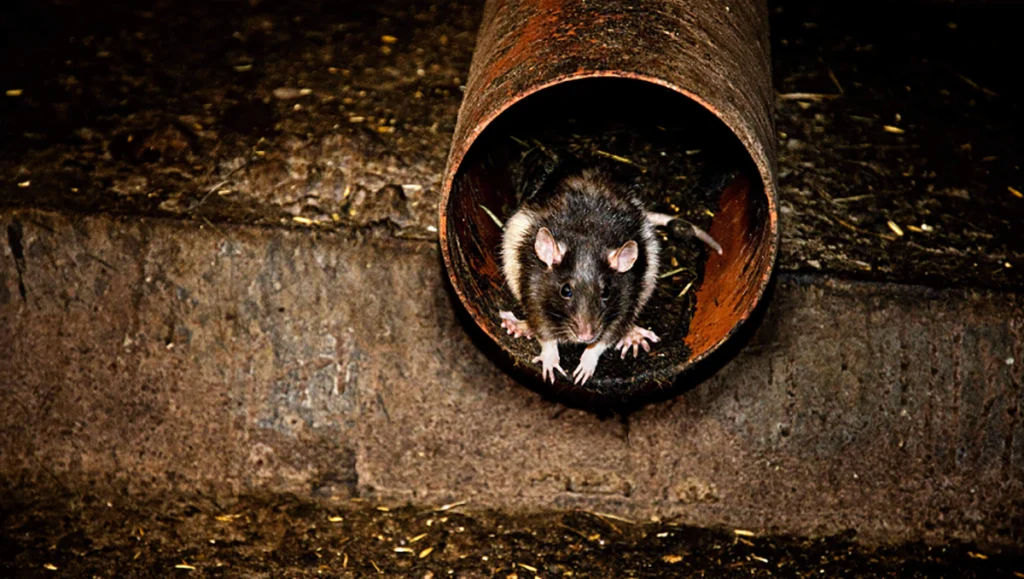
How to Repair a Collapsed Sewer Line
If you’ve noticed signs of a collapsed sewer pipe, it’s critical to take action immediately. Here are the typical steps involved in collapsed sewer line repair:
1. Inspection and Diagnosis
The first step is to hire a professional plumber to inspect the sewer line. They will use specialized cameras to inspect the pipe and confirm whether a collapse has occurred. This will also help identify the exact location and severity of the damage.
2. Choosing the Right Repair Method
Depending on the extent of the damage, there are several methods for collapsed sewer line repair:
- Pipe Relining: This method involves placing a new pipe liner inside the existing pipe. It’s a trenchless method, meaning it requires minimal digging and is less disruptive to your yard.

- Pipe Bursting: If the pipe is completely destroyed, the pipe-bursting method is used. A new pipe is pulled through the old one, causing the old pipe to burst apart.
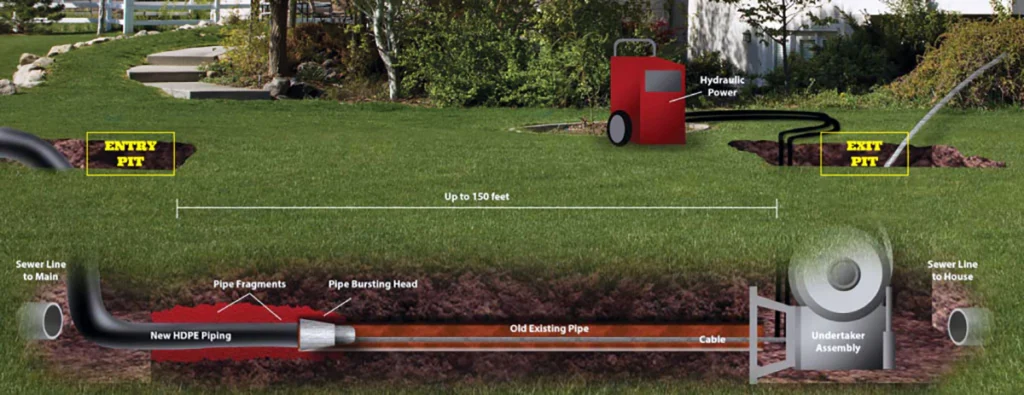
- Traditional Excavation: In some cases, full excavation is necessary to replace the damaged section of the pipe. This method is more invasive but may be required if the damage is severe.
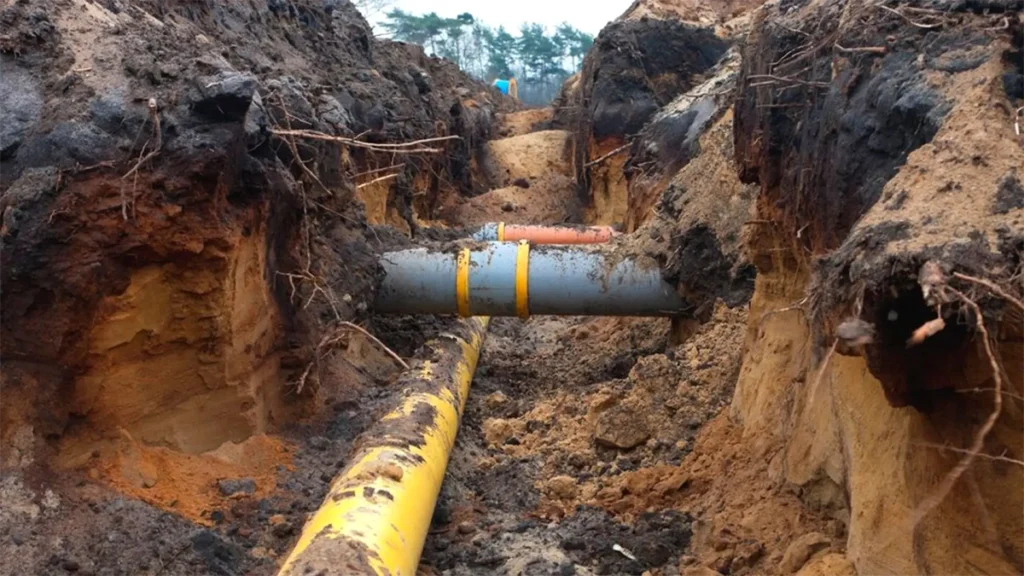
3. Replacing or Reinforcing the Pipe
Once the damaged portion is identified, the plumber will replace or reinforce the section of the sewer line. This can involve using modern, durable materials like PVC to ensure the new pipe lasts longer.
4. Final Testing
After the repair, the plumber will run tests to ensure the new pipe is functioning correctly, ensuring that the collapsed sewer issue has been fully resolved.
What to Do If Your Sewer Line Collapses
A collapsed sewer can create serious health hazards and property damage if not addressed promptly. Here’s what you should do if your sewer line collapses:
1. Stop Using Water
Immediately stop using water in your home to prevent further sewage backup. This means refraining from using sinks, showers, and toilets until the sewer line has been repaired.
2. Contact a Professional Plumber
Reach out to a licensed plumber experienced in collapsed sewer line repair. Time is critical, as delays can cause further damage to your property and increase the cost of repairs.
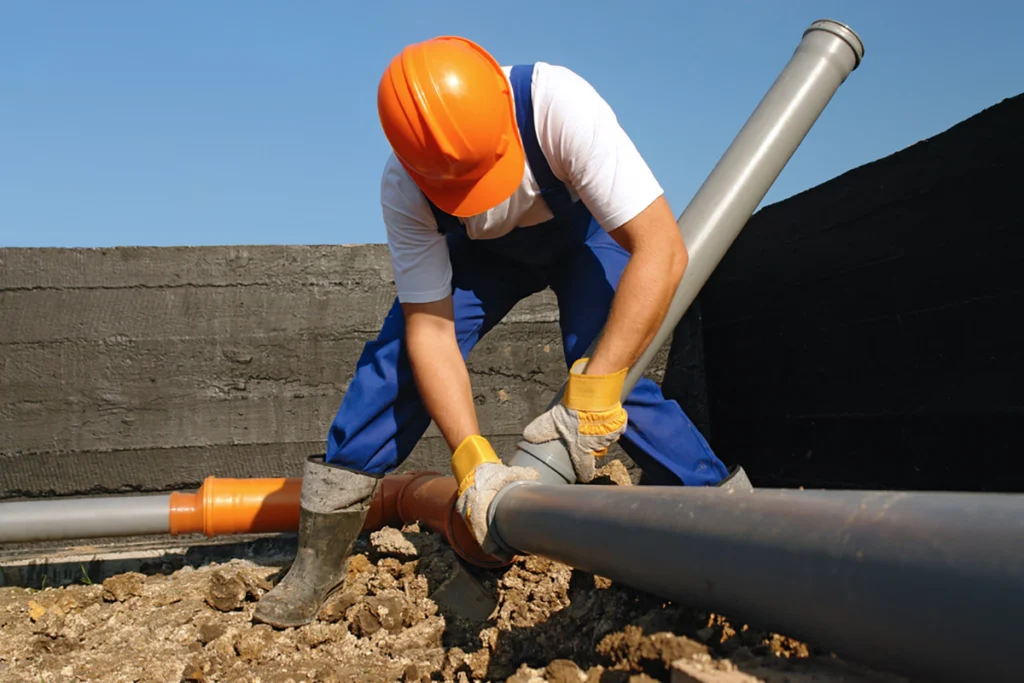
3. Assess the Damage
Once the plumber has identified the location and extent of the damage, you’ll be able to discuss your repair options. Make sure to ask about the different repair methods available, including trenchless repair techniques like pipe relining and pipe bursting.
4. Prevent Further Damage
After the repair is complete, it’s important to take preventive measures to avoid future collapses. Regular inspections, tree root maintenance, and avoiding harsh chemicals in your plumbing can all help extend the life of your sewer line.
How to Wash Your Hair and Shower If Your Sewer Line Collapses
If your sewer line collapses, you’ll need to avoid using water until the issue is repaired. However, if it’s essential to wash your hair or shower, consider these alternatives:
- Visit a Friend or Neighbor: Ask to use a friend’s or neighbor’s bathroom while your sewer line is being repaired.
- Use a Gym or Local Facility: Many gyms, community centers, or public pools offer shower facilities.
- Dry Shampoo: If a full wash isn’t possible, dry shampoo can temporarily refresh your hair without using water.
- Wet Wipes: These are a quick solution for personal hygiene in case of emergencies.
Conclusion
A collapsed sewer line is a serious issue that requires immediate attention. Understanding the causes of a collapsed sewer pipe, recognizing the warning signs, and knowing your repair options can save you from costly damage and health risks. Whether you’re dealing with tree root intrusion, aging pipes, or soil shifts, prompt action is the key to resolving the problem effectively. If you suspect your sewer line has collapsed, stop using water, call a professional plumber, and explore your collapsed pipe repair options.
FAQ
Common signs of a collapsed sewer line include slow drainage, frequent backups, foul odors, wet patches or sinkholes in your yard, and sudden pest infestations. If you notice any of these, it’s important to get your sewer line inspected.
A collapsed sewer pipe can be caused by tree root intrusion, aging pipes, ground shifting, or improper installation. Corrosion or exposure to harsh chemicals can also weaken the pipes, leading to a collapse.
Collapsed sewer line repair can be done through various methods, such as pipe relining, pipe bursting, or traditional excavation. The method chosen depends on the severity and location of the damage.
You can tell if your sewer line is collapsed if you experience multiple plumbing issues such as backups, slow drains, or unusual changes in your yard like soggy areas or sinkholes.
If your sewer line collapses, avoid using water until repairs are complete. You can use dry shampoo, wet wipes, or shower at a friend’s house or public facilities to maintain hygiene.
If you have a collapsed sewer, immediately stop using water, contact a professional plumber for inspection, and discuss the best repair options, such as collapsed pipe repair or trenchless techniques.



